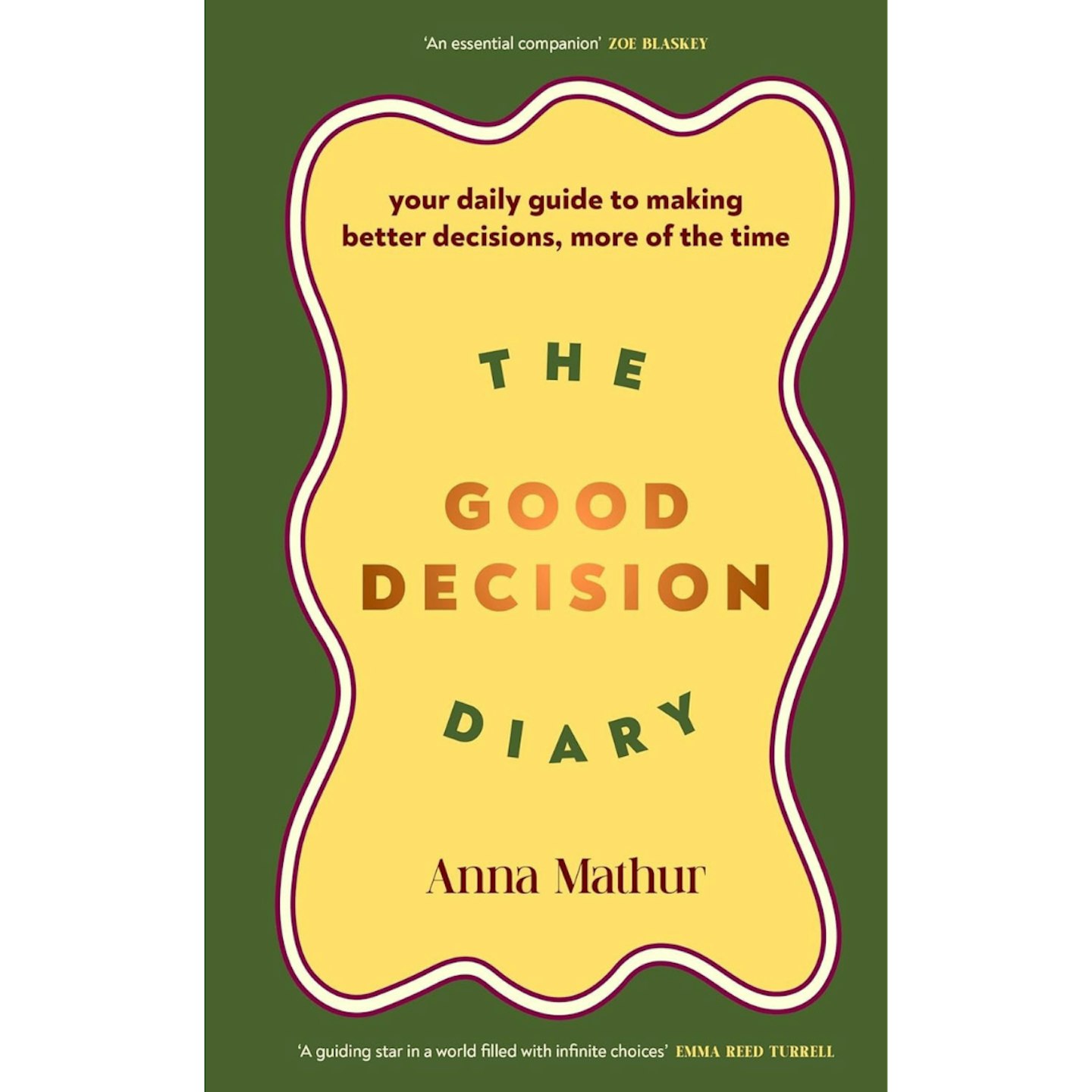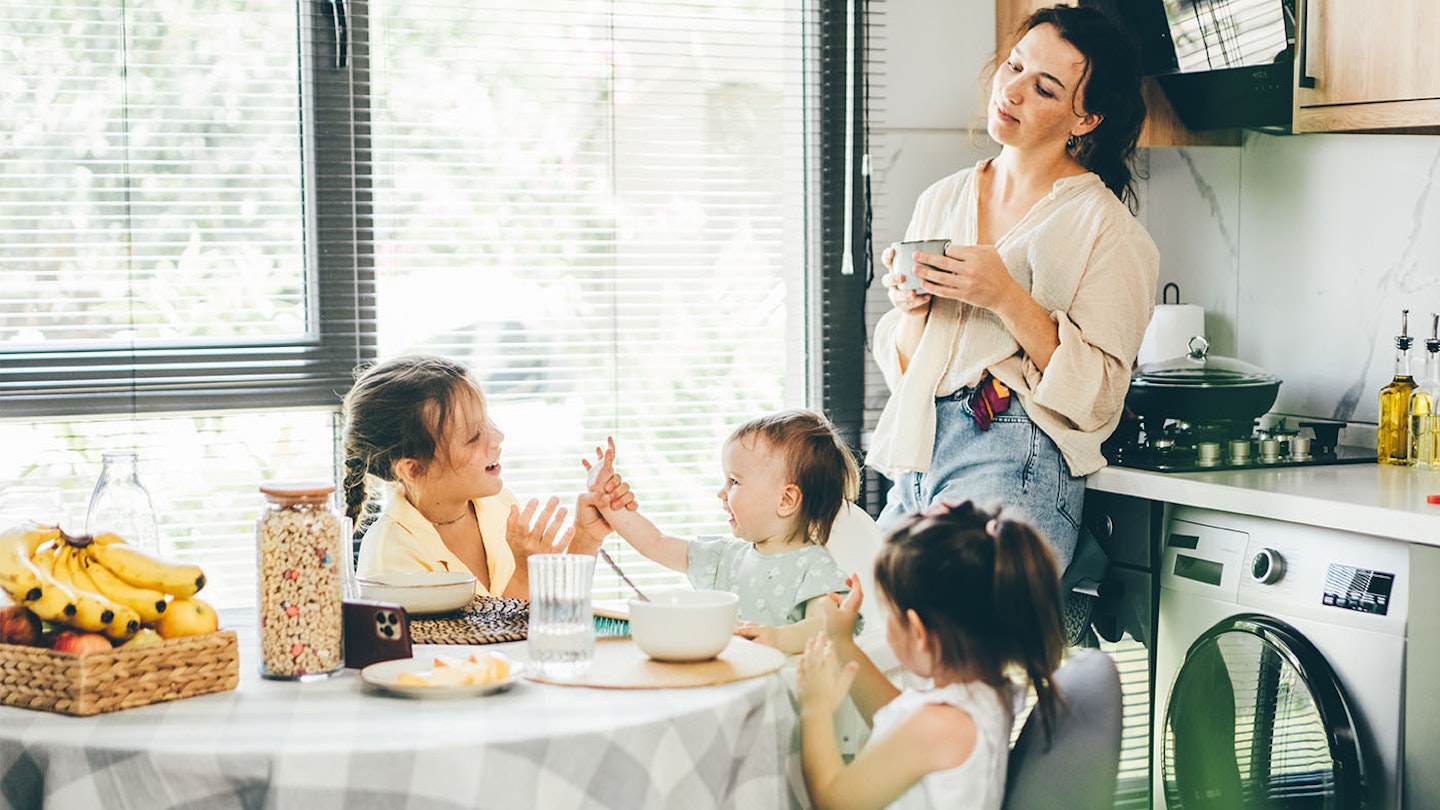The early years of parenting are full of love, growth and bonding, but they can also feel like an endless stream of questions. Questions you ask yourself, those you type with tired eyes into a WhatsApp chat, or frantically feed into Google. What time should they nap? Does cutting grapes into quarters make them even safer? Should I rock him for five more minutes? Do I take her to the doctor, or wait it out? And those are just the decisions you make before you’ve had your first cuppa.
As a psychotherapist, I’ve worked with many parents who feel utterly depleted, not by one single dramatic thing but by the constant, low-level hum of decision-making. And I’ve lived it, too. That invisible workload, the second-guessing, the desire to get it right, wears you down over time.
Let’s talk about why decision fatigue hits so hard in the baby and toddler years, from the invisible mental load to the quiet strain it puts on the relationships that mean the most to you. I’m going to give you three practical tools from my book, The Good Decision Diary, to help ease the pressure and bring more clarity, connection and confidence into the choices you face each day.
I want to start by saying that feeling overwhelmed by the decisions you face each day is not as failure or a sign of being disorganised. No, it’s a completely normal response to chronic overwhelm. It’s what happens when our brains are forced to make choice after choice without space to recover or breathe. And during the baby and toddler years? Well, that decision pressure is relentless as is the pressure we put on ourselves to get it ‘right’, because the cost of getting it ‘wrong’ can feel so big.
 Penguin
PenguinWhy is it so intense in the early years?
New parenthood is full of firsts. You’ve never done this before! Often, we leap into motherhood expecting ourselves to have a sense of what feels right. That means every choice feels loaded. What might seem like a small decision to someone else, what cup to use, what snack to pack, what time to leave the house, can feel high-stakes when you’re exhausted, unsure, and being constantly told there’s a correct way to do things.
In the book, I encourage you to name this pressure. It’s not indecision; each decision option has a story potentially unravelling behind it. You’re not just choosing an outfit; you’re pre-empting the weather, the mess, and the comment from a relative. It’s not just a dinner plan; it’s nutrition, timing, budget, and preference. When you’re doing this hundreds of times a day, is it any wonder your brain wants to shut down?
The impact on relationships
One of the most common things I hear from parents in the therapy room is: “I love them, but I just have nothing left.” The truth is, decision fatigue doesn’t just affect your day, it affects the dynamics of your relationships. When one partner feels like they’re carrying the bulk of the mental load, it can lead to resentment, disconnection and arguments.

Many couples begin the parenting journey feeling united. But as time goes on and fatigue builds, the ‘who’s doing more?’ tension quietly grows. You start keeping score. You feel unseen, and sometimes, in the absence of communication, that frustration grows into distance and disconnection from the very person closest to you.
In The Good Decision Diary, I encourage you to ask what influences your decisions. Are you being fueled to tidy the house right now by guilt, perfectionism, fear of what someone might think, or perhaps the desire to prove something? It really helps to consider what is fueling your decisions. This awareness can also ease tension in relationships.
Three tools to ease the pressure
Stop aiming for perfect
Perfectionism stifles decision-making and is fueled by the belief that there is one correct choice. Try this rule: if a choice feels 70 per cent good enough, it’s probably time to act. Waiting for the perfect option keeps us stuck. Choosing something good enough moves us forward, and that momentum matters, especially when you’re frazzled, especially when you’re short on energy. If you’re staring at three dinner options, trying to find the healthiest, most budget-friendly, most child-approved one, but the frozen pasta bake ticks most boxes, go with it. That “good enough” decision gives you back headspace, which is more nourishing than any perfectly planned meal.

Use your partner’s perspective as data, not competition
You might have a different approach to routine or your baby’s sleep. Or perhaps one of you thinks you need to go to that birthday party, while the other just wants a quiet day at home. That’s okay. In early parenting, you’re learning how to be a team under pressure, navigating so many firsts. The key is to pause and reflect on whether you’re choosing out of fear, love, habit, or trying to control the outcome entirely. These moments of insight can spark kinder, more open conversations with your partner, where the goal isn’t to win, but to understand one another and stand beside one another as you navigate these early years of parenting.
Give yourself space to be human.
One of the diary’s most powerful questions is: “What would I say to a friend in this moment?” The early years are filled with trial and error. You won’t always get it “right.” But you’re doing something far more important: you’re showing up, trying again. You are growing as you go!

You don’t need to do it all
Parenting is full of decisions, some life-changing, many mundane, but they all take energy. And you certainly don’t have an infinite supply of that (despite the quantity of coffee you drink!).
If you’ve been feeling snappy, scattered or worn thin, it’s not because you’re doing it wrong, it’s because you’re doing too much without a breather. Take the pressure off every decision needing to be perfect. Take a breath and choose to add some humanness back in, some margin for error, the grace to grow.
The Good Decision Diary was created to be that daily pause. A place to reflect on what’s working, what isn’t, and how to start making decisions that feel less pressured and more aligned, for you, your child, and your relationships. Because good parenting doesn’t come from perfect decision-making. Instead, it comes from knowing when to soften, when to reset, and when to ask yourself: What matters most today?
About the author
As a Psychotherapist, Author and mother of 3, Anna has a relentless passion to dream up fresh ways to guide fellow mums in tackling guilt, anxiety and overwhelm. She wants to invite you with her as she moves herself up the list of priorities in family life, and sees those she loves benefit from her doing so. She can be found stomping through muddy woodland, listening to neuroscience podcasts and burning pancakes for the kids’ breakfast.
